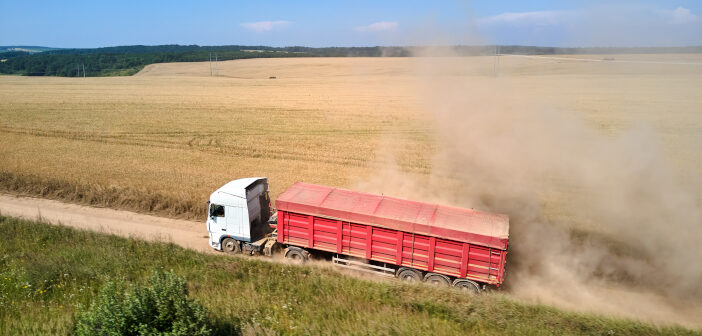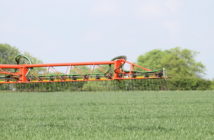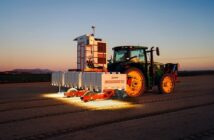Technology business Klim has launched a ‘digital companion’ tool, which it claims will take the guesswork out of regenerative agriculture practices for UK farmers and food and beverage businesses (F&B).
It suggests the tool will boost farmer engagement, reducing the risk of weak data and the lack of on-the-ground progress for F&B companies. The company says support for regenerative agriculture is rising with major brands such as Nestle, Danone and PepsiCo, driving these practices in their supply chains.
Kilm co-founder and CEO Rob Gerlach, believes farmers have lacked a digital solution that can effectively support them across different regenerative agriculture. Existing farmer tools focussed on siloed areas requiring duplication of data input, leaving farmers without a comprehensive view of their farm or predicted incentive payouts.
“Most services currently available to farmers are fragmented, focussing only on narrow phases like fertiliser optimisation,” he says. This makes the process of transitioning to regenerative farming unnecessarily complex.”
Klim’s digital companion provides personalised, field-level recommendations that guide farmers through choosing practices, and tracking their impact – and growers only need to input farm data once a year. The platform combines goal-setting, tailored guidance to make regenerative adoption both practical and engaging.
A strong example is the Crop Mix Composer tool, notes Rob. “By inputting their goals and farm details, farmers get instant access to tailored crop mix plans specific to their fields, including advice on the best seed mix for cover crops and how to achieve optimal nutritional values. This eliminates the need for a ‘trial and error’ approach, giving farmers clarity and confidence in their plan.”
The digital companion is already supporting the growth of regenerative agriculture practices in Germany and Poland, with 50% of farmers who use Klim’s platform adopting the tool since its initial launch.
Rob adds F&B companies have also lacked a platform that gathers and consolidates reliable regenerative agriculture data from across their global supply chains, and accurately and cost-effectively measures the impact of these practices on-the-ground against company goals.
“Bridging the knowledge and engagement gap between field data and corporate goals is essential for the success of regenerative agriculture,” continues Rob. “Farmers are at the center of this transition and need tools that work for them. At the same time, food and beverage companies need farmers to be engaged so they can make the biggest impact across their supply chains and be able to report on this progress at a high but accurate level. This is what the digital companion tool and Klim platform have been built to do.”




